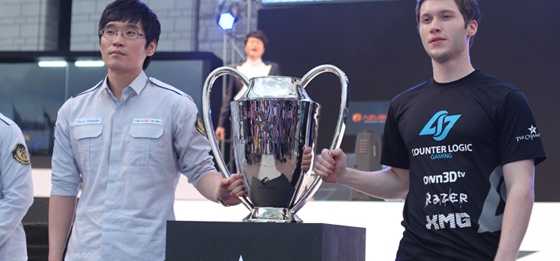Defining social media is just as important as operationally defining any variable in any research. When a term or concept remains undefined, communication breaks down on a fundamental level. Individuals may discuss the same word with two very different concepts in mind. Social media has been defined as any platform facilitating communication, as well as the content which people share over social networks. Either way, before progressing into a world thick with social media, we must define it.
 Social media facilitate and enhance existing and prospective social connections (Donath, 2004). Social media, in all their numerous forms, create opportunities for individuals worldwide to communicate (Rutledge, 2012).
Social media facilitate and enhance existing and prospective social connections (Donath, 2004). Social media, in all their numerous forms, create opportunities for individuals worldwide to communicate (Rutledge, 2012).
Social media types vary based on their main functions in communication (Rutledge, 2012). Categories includes searches, blogs, wikis, folksonomy, and social networking; each category comes with a variety of applications, sites, platforms, and technologies to facilitate their particular function (2012). Additionally, individuals may use the same social media in a variety of ways (Chayko, 2008).
Twitter is used to connect like minded communities based on interests and geographical locations (Java, Finn, Song, & Tseng, 2007). Facebook tends to be used to maintain and strengthen pre-existing relationships (Ellison, Steinfield, & Lampe, 2007). MMORPGs have been used to develop skill such as teamwork and leadership, as have first-person shooters (Cole & Griffiths, 2007; Jansz & Tanis, 2007). Social media are also used as a means of identity verification (Burke & Stets, 2009), overcoming social phobias and marginalization (Cabiria, 2008; Orr et al., 2009), and education (Barnett & Coulson, 2010).
References:
Barnett, J., & Coulson, M. (2010). Virtually real: A psychological perspective on massively multiplayer online games. Review of General Psychology, 14(2), 167–179. doi:10.1037/a0019442
Chayko, M. (2008). Portable communities : the social dynamics of online and mobile connectedness. Albany: SUNY.
Cole, H., & Griffiths, M. (2007). Social interactions in massively multiplayer online role-playing gamers. CyberPsychology & Behavior, 10(4), 575-583. doi: 10.1089/cpb.200739988
Donath, J. (2004). Sociable media.
Ellison, N. B., Steinfield, C., & Lampe, C. (2007). The benefits of Facebook “friends:” social capital and college students’ use of online social network sites. Journal of Computer-Mediated Communication, 12(4), 1143–1168.
Java, A., Finn, T., Song, X., & Tseng, B. (2007). Why we Twitter: Understanding microblogging usage and communities.
Jansz, J., & Tanis, M. (2007). Appeal of playing online first person shooter games. CyberPsychology & Behavior, 10(1), 133–136. doi:10.1089/cpb.2006.9981
Orr, E. S., Sisic, M., Ross, C., Simmering, M. G., Arseneault, J. M., & Orr, R. R. (2009). The influence of shyness on the use of Facebook in an undergraduate sample. CyberPsychology & Behavior, 12(3), 337–340. doi:10.1089/cpb.2008.0214
Rutledge, P. (2012, September). Social media 101 [PowerPoint].
 So, here is what I love about studying identities: we are all made up of a variety of identities. We get to choose which ones we show, which ones we prioritize, how we define then, how we refine them, and how we use them to interact. When you ask someone (or even better, a group of someones) to tell you who they are, their answers will vary vastly. Give them the task of choosing how to tell you, and the vastness of the variations expands. The colors, graphics, sounds, pictures, videos, words, textures, etc. that we use to produce something representative of our core all roll into that description as well. For more information on identities, check out the great book below. Meanwhile, here is my Glog introducing who I am. Enjoy!
So, here is what I love about studying identities: we are all made up of a variety of identities. We get to choose which ones we show, which ones we prioritize, how we define then, how we refine them, and how we use them to interact. When you ask someone (or even better, a group of someones) to tell you who they are, their answers will vary vastly. Give them the task of choosing how to tell you, and the vastness of the variations expands. The colors, graphics, sounds, pictures, videos, words, textures, etc. that we use to produce something representative of our core all roll into that description as well. For more information on identities, check out the great book below. Meanwhile, here is my Glog introducing who I am. Enjoy!


